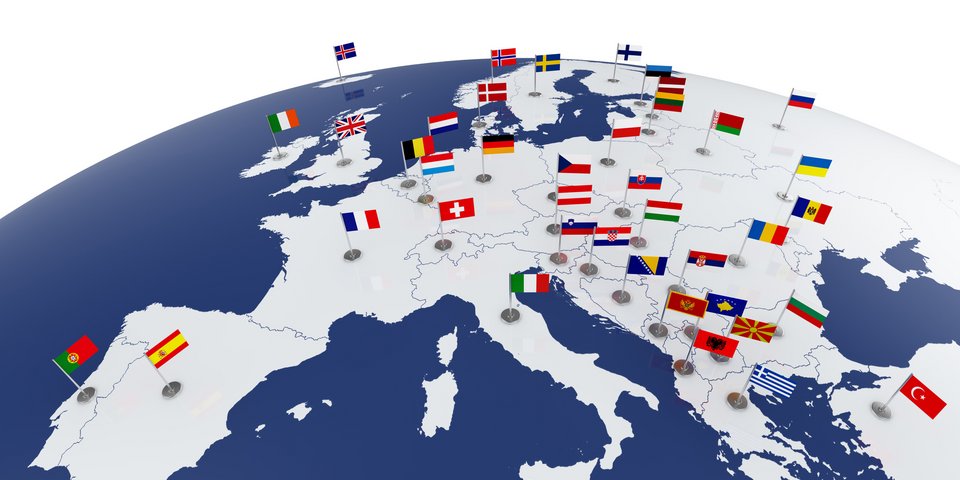 Denys Rudyi - Fotolia
Denys Rudyi - FotoliaState of affairs in Europe
EU analysis identifies risks and potential for improving health systems, including in Germany.
UM – 01/2020
In one of his
last official acts on 28 November last year, Health Commissioner Vytenis
Andriukaitis published the Country Health Profiles of the EU Member States,
Iceland and Norway. These provide an overview of the state of health systems in
Europe. The reports continue the cycle ‘State of Health in
the EU’, which started in 2016 in cooperation with the Organisation for
Economic Cooperation and Development (OECD) and the Observatory on Health Systems
and Policies. In addition to 30 country-specific profiles, an accompanying
report highlights the main trends in Europe.
The situation in Europe
On
the downside, the report states that widespread vaccination hesitancy is a
threat to public health across Europe, and that healthcare is still not fully
accessible everywhere. Innovations to achieve a mix of skills among health
workers - for example through task sharing and substitution of medical services
- show great potential, particularly for pharmacists and nurses, and make
systems more resilient. Promising examples of task shifting could be found across
the EU, but unfortunately these are limited. The digital transformation holds
great potential, especially for disease prevention, but could make losers of
those who need it the most, namely older people or people with a low level of
education and poorer health opportunities. Access to digital tools and
applications is difficult for these people.
Germany often just average
It is often said
that Germany has the best healthcare system in the world. However, in its ‘Country
Health Profile 2019’, Germany does not always score well. The system is one of
the most expensive and has the highest ratio of hospital beds, but often produces
only average health outcomes. Life expectancy is below that of most Western
European countries and the number of overweight adults is rising. The number of
doctors and nurses is higher than in many other EU countries; however, there is
currently a shortage of staff in rural and remote areas. Skill mix innovations,
in which nursing staff are given more tasks, have not yet been implemented
nationwide. Overall, there is a lack of regular, systematic and integrated
performance evaluation of the various healthcare sectors in order to better
understand processes and outcomes.
The good news
The analysis also
shows that the German healthcare system offers almost universal health
insurance coverage with a comprehensive range of benefits, and that access to healthcare
is good. The number of people reporting an unmet medical need in Germany is
almost zero percent, which is well below the EU average and is only surpassed
by Malta, Spain and the Netherlands. This is mainly due to the fact that the
costs of dental care, especially dental prostheses and orthodontics, are not
fully covered and in some cases considerable co-payments have to be made.
